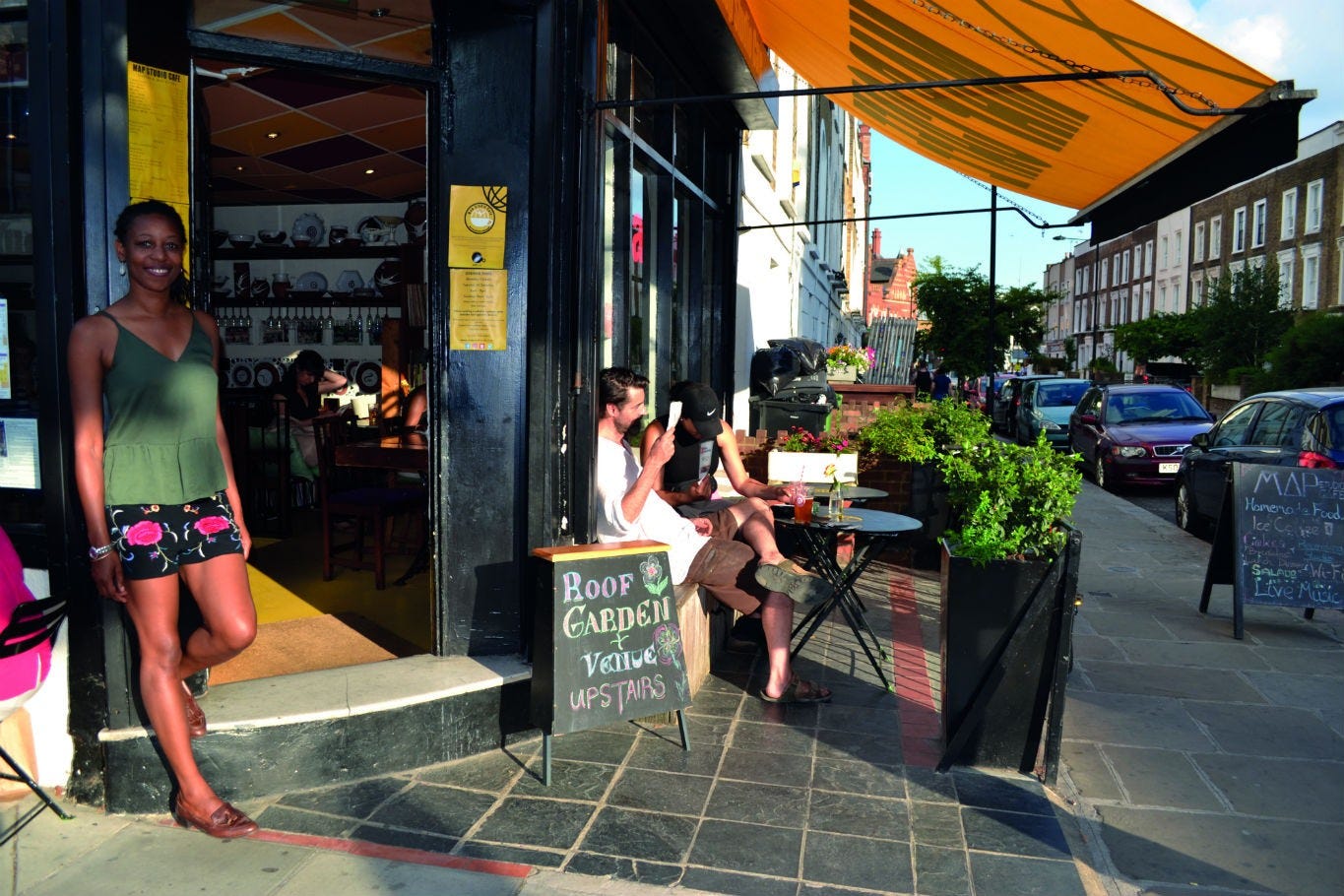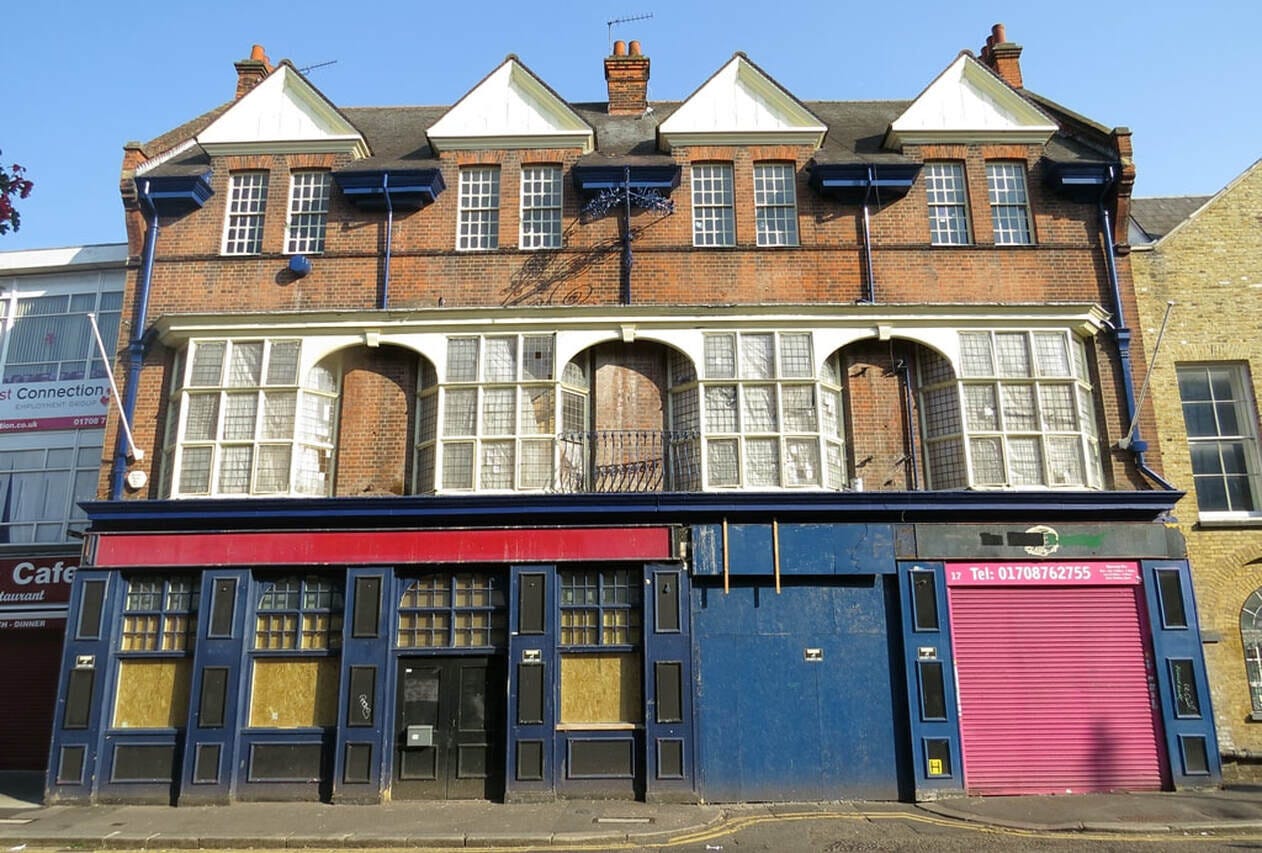The End of Nightlife
Why we need to save our local music venues amidst a UK nightlife crisis.
From supper clubs to run clubs, open jams to local gigs, Substack to Discord, people are constantly cultivating niche communities to break algorithm bubbles and content fatigue. Many have written about the need to capture the attention of these communities, and what drives them. For this article, I’d like to reflect slightly on my own New Year’s resolution: to try and go to my local venue more often and see new music (big up the weekly Irish folk jam at The Lamb in Islington!!). I want to unpack how communities are formed in local venues, and why they're becoming increasingly important. Namely, as people start to reach a fatigue in superstar tours, and are continuously starved of human connections, how can saving the local music venue act as an antidote to isolation? Additionally, can these local venues continue to serve as social hubs amidst a cost-of-living crisis and a general move away from excessive drinking culture?
Gen-Z, as we’ve previously discussed, are going out a lot less than previous generations. No one can afford it, people are becoming more socially anxious, and nightlife (at least in the UK) is shrinking at a rapid rate. This week alone, I may have stumbled across my umpteenth article on the death of nightlife in London. From March 2023 to December 2023, 3,011 night economy businesses have shut down in London alone (NTIA). Late licences are nearly obsolete, and the only options I saw as I walked around Shoreditch at 11 pm on a Friday seemed to be Simmons.
The loss of nightlife feels particularly shocking as people are finding fan-based communities. According to Vogue Business, 54% of Gen Z says that their favourite brands are the ones that make them feel like they’re part of a community. This resonates deeply with the current landscape where feeling like you belong to a social group feels critical.
From March 2023 to December 2023, 3,011 night economy businesses have shut down in London alone.
Digital music communities are thriving, on the other hand. Exclusivity is in - think Twitch, Web3, and Discord servers. Or look to the success of Charli XCX’s ‘superfan-only’ private account @360brat. The allure of access is powerful, and these communities help fan bases thrive, but things are shifting. Constant, unmarred access and digital demands for things immediately has permeated online culture for a decade now, and widespread availability is being traded for exclusive access.
This isn’t to say exclusivity is bad, but there’s a desire for this IYKYK experience to migrate into the real world. While social infrastructures are in the bin, there is a need for physical spaces. And, to repeat myself for the 100th time, people want to connect offline so freaking badly!
As we become more disconnected, the struggling local venue could become a ‘third space’ where people can gather, interact, and build connections outside of their homes and workplaces. And most importantly, they are founded upon music and drivers of culture. This is increasingly relevant as brands reorient towards focusing on communities over the individual. Appealing to pockets of culture is essential for brands to foster a loyal customer base.
Local businesses can partner with local venues to appeal to a more niche, yet fully formed customer. For example, Arsenal bigging up their local chippy ‘Chip In Fish Bar’ shows a dedication to strengthening cultural ties in North London. While Arsenal is by no means a ‘local venue,’ it can serve as a blueprint for venues becoming integral parts of their local community fabric.
54% of Gen Z says that their favourite brands are the ones that make them feel like they’re part of a community.
Local venues stand as vital bastions against social isolation, helping us to migrate offline. You can go for a night and see a great new act, you and the crowd now sharing a memory. Or, you go and see someone crap, and now you have an inside joke. Either way, it’s a place and time to belong. They provide spaces where genuine human connections can flourish, away from the noise of superstar tours and algorithm-driven content. By focusing on nurturing these local hubs, we can create stronger, more resilient communities that offer a sense of belonging and support.



